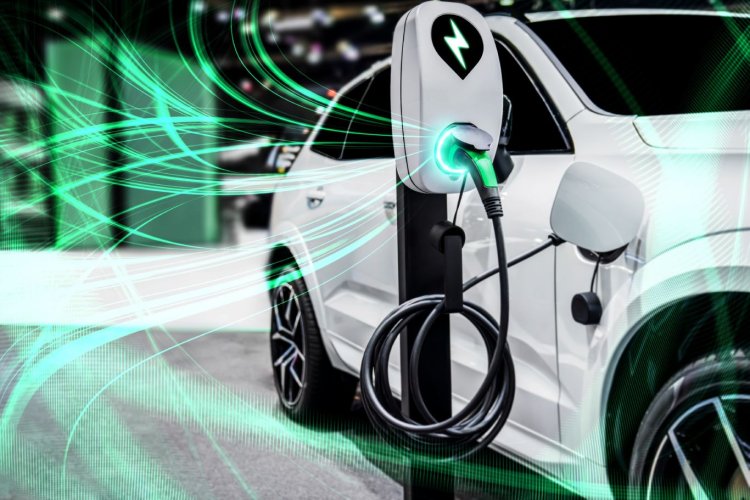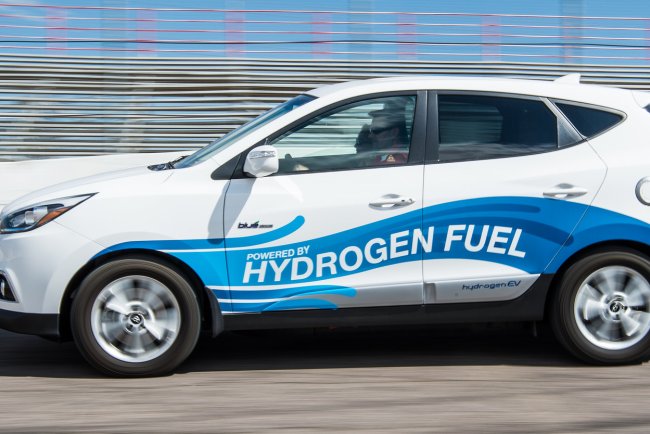Electric Vehicles

Electric vehicles (EVs) are rapidly transforming the automotive industry and are poised to reshape our transportation system. As major advancements in battery technology and charging infrastructure continue to unfold, the future of electric vehicles looks promising. This essay explores the potential of electric vehicles in addressing environmental concerns, reducing dependence on fossil fuels, stimulating economic growth, and ultimately revolutionizing the way we move.
One of the key advantages of electric vehicles is their positive impact on the environment. As the world seeks to combat climate change and reduce greenhouse gas emissions, EVs offer a sustainable and clean alternative to traditional combustion engine vehicles. By relying on electricity as their source of power, EVs emit zero tailpipe emissions, reducing air pollution and improving air quality in urban areas. Furthermore, the transition to electric vehicles is likely to drive a reduction in reliance on oil, which in turn will contribute to lower carbon dioxide emissions released during the extraction and refining processes.
Moreover, electric vehicles have the potential to reduce our dependence on fossil fuels. As conventional vehicles are powered by gasoline or diesel, their consumption significantly contributes to global oil demand. However, the shift towards electric vehicles would require a surge in the demand for electricity, ideally met by renewable energy sources such as wind, solar, and hydropower. Consequently, the widespread adoption of EVs would facilitate the transition towards a more sustainable energy mix, reducing our reliance on finite and polluting fossil fuels.
In addition to environmental benefits, widespread adoption of EVs can act as a catalyst for economic growth. Electric vehicle manufacturing and infrastructure development are industries that will experience substantial growth due to the rising demand for EVs. This growth can create new employment opportunities and promote technological innovation, thereby driving economic development. In fact, many countries have already recognized this potential and are investing heavily in building the necessary infrastructure and supporting the growth of the EV industry.
The future of transportation lies in the hands of electric vehicles. The continuous advancements in battery technologies are resulting in EVs that can achieve longer ranges and faster charging times, making them more practical and accessible. Furthermore, as the charging infrastructure becomes more pervasive and convenient, range anxiety, one of the major concerns of potential EV buyers, will diminish. With governments around the world aiming to reduce carbon emissions and combat climate change, electric vehicles are likely to receive increased support and incentives, further driving their adoption.
In conclusion, electric vehicles have the potential to transform our transportation system and address pressing environmental concerns. By reducing greenhouse gas emissions, decreasing dependence on fossil fuels, stimulating economic growth, and revolutionizing the way we move, EVs are positioning themselves as the future of automotive technology. As battery technology continues to evolve and charging infrastructure expands, electric vehicles will become increasingly viable and attractive options for consumers worldwide.













